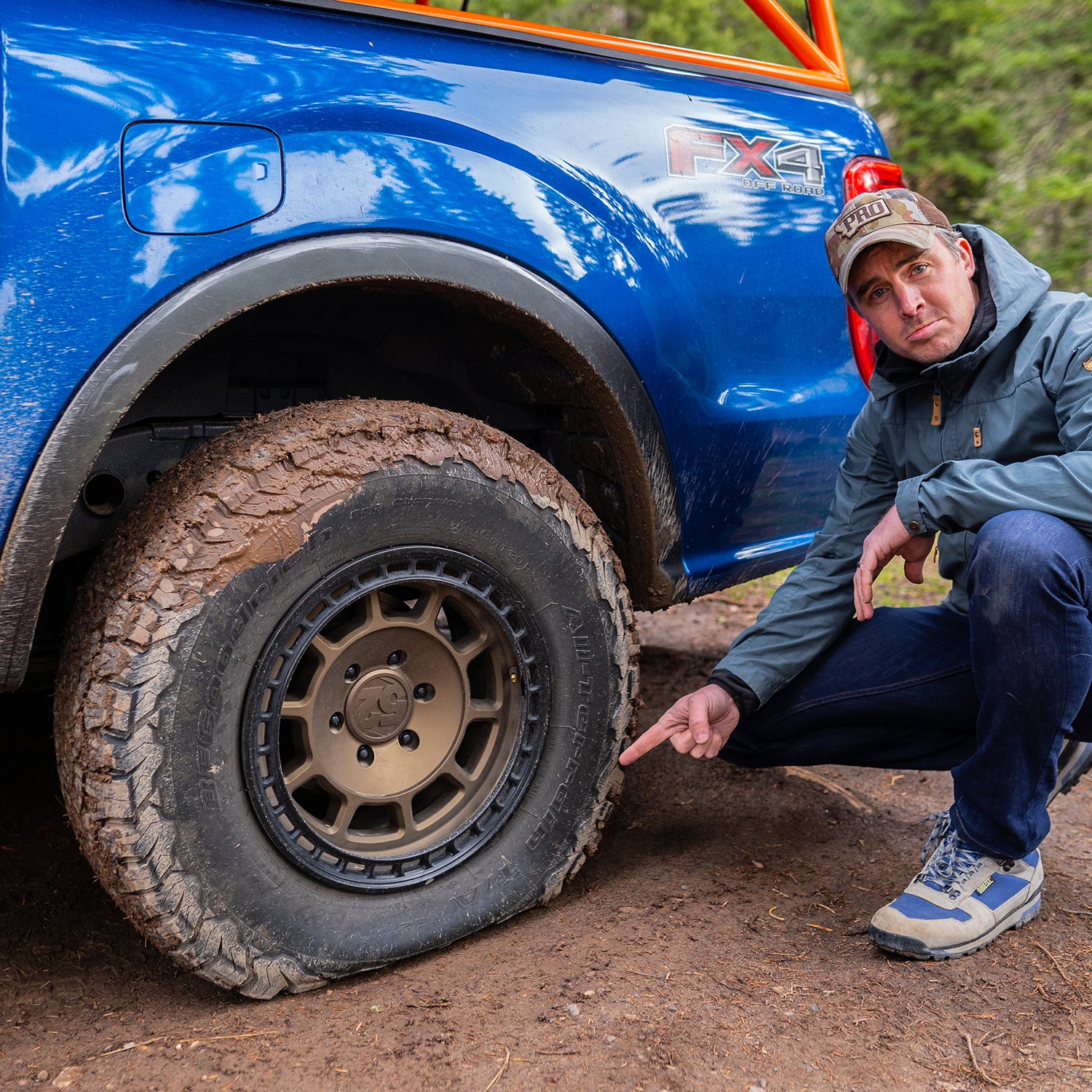Regional Tire Retailer Near Me Supplying a Wide Selection
Regional Tire Retailer Near Me Supplying a Wide Selection
Blog Article
Professional Tire Solutions to Keep Your Automobile Running Efficiently
When it comes to preserving the optimum performance and security of your automobile, specialist tire services play a vital role in guaranteeing a smooth driving experience. From tire turnings to wheel alignments and tire stress surveillance systems, there are different essential aspects that add to the total health and wellness of your tires and, in turn, your automobile.
Value of Tire Rotations
Implementing normal tire turnings is important for maintaining the ideal performance and longevity of your automobile's tires. Tire turnings involve moving each tire to a different position on your lorry to make certain even wear. By rotating your tires, you can help disperse the wear a lot more uniformly, expanding the life-span of the whole collection. Irregular tire wear can result in lowered traction, decreased fuel effectiveness, and endangered handling, ultimately affecting the safety of your vehicle.
Routine rotations also permit your tires to put on even more uniformly, which can assist you stay clear of the need for early substitutes. This simple upkeep job is cost-effective over time, as it aids you obtain the most out of your tire financial investment. In addition, tire rotations can also enhance your automobile's efficiency by ensuring that all tires put on down uniformly, keeping appropriate positioning and equilibrium. Inevitably, by focusing on tire turnings as part of your regular maintenance timetable, you can take pleasure in a smoother experience, much better fuel economic situation, and enhanced safety when driving.
Advantages of Wheel Positionings
Normal tire rotations play an essential duty in ensuring the optimal efficiency and longevity of your vehicle's tires, and this upkeep task establishes the foundation for recognizing the benefits of wheel positionings. Wheel placements are crucial for keeping a lorry's stability, handling, and general safety and security. Proper wheel alignment involves adjusting the angles of the wheels to producer specifications, making certain that they are vertical to the ground and alongside each various other.
One of the vital benefits of wheel positionings is boosted fuel efficiency. When your wheels are appropriately lined up, there is much less resistance on the tires, decreasing the amount of fuel needed to thrust the automobile onward - 24 hr roadside assistance near Snyder TX. Additionally, lined up wheels aid avoid unequal tire wear, conserving you money on premature tire substitutes
In addition, wheel alignments add to a smoother driving experience by lowering vibrations and guiding incongruities. This not just improves comfort for the motorist and guests however additionally lessens the tension on guiding and suspension elements, possibly prolonging their lifespan. Overall, investing in normal wheel positionings not just improves your driving experience but additionally saves you cash in the future by stopping costly repair work and replacements.
Tire Pressure Tracking Equipments
Keeping track of tire stress is critical for keeping optimal lorry efficiency and safety and security. Tire Pressure Surveillance Equipments (TPMS) play an important function in making sure that your tires are blown up to the appropriate stress degrees. These systems constantly keep track of next the atmospheric pressure in each tire and notify the driver if there is a considerable variance from the suggested stress. By maintaining your tires correctly blew up, you can enhance fuel effectiveness, prolong tire life expectancy, enhance taking care of and braking capacities, and minimize the risk of blowouts.
TPMS generally consists of sensors found in each tire, a main control module, and a dashboard display screen that gives real-time tire stress information. There are 2 sorts of TPMS: direct and indirect. Straight TPMS directly determines the pressure inside each tire, offering accurate and exact analyses. Indirect TPMS counts on wheel rate sensors to spot modifications in tire rotation as a result of underinflation, although it might not be as precise as straight TPMS.
On a regular basis inspecting and keeping proper tire pressure, with the aid of a TPMS, is a straightforward yet effective way to make certain a risk-free and efficient driving experience.
Picking the Right Tires
Ensuring ideal vehicle efficiency and security through proper tire stress administration demands a thoughtful factor to consider when selecting the right tires for your car. Selecting the right tires involves examining various elements such as tire dimension, step pattern, and the sort of driving you generally engage in.
First of all, it is necessary to choose tires that are the appropriate size for your vehicle. Utilizing the producer's advised tire size guarantees appropriate fitment and preserves the precision of your speedometer and odometer readings.
Additionally, understanding your driving behaviors is necessary in choosing the ideal tires. If you best site regularly drive in wet or snowy problems, choosing tires with great damp traction and snow performance is recommended. On the other hand, if you generally drive in dry conditions, tires that focus on managing and efficiency may be better. In general, choosing the right tires tailored to your car and driving requirements is paramount for a secure and efficient driving experience.

Maintenance Tips for Longevity
On a regular basis examining tire stress is important, as underinflated tires can lead to enhanced wear and lowered fuel effectiveness. It is suggested to inspect tire walk deepness regular monthly and turn tires every 6,000 to 8,000 miles to promote even put on across all tires. By following these maintenance tips vigilantly, you can substantially extend the life expectancy of your tires and make certain optimal efficiency for your car.
Verdict

Report this page